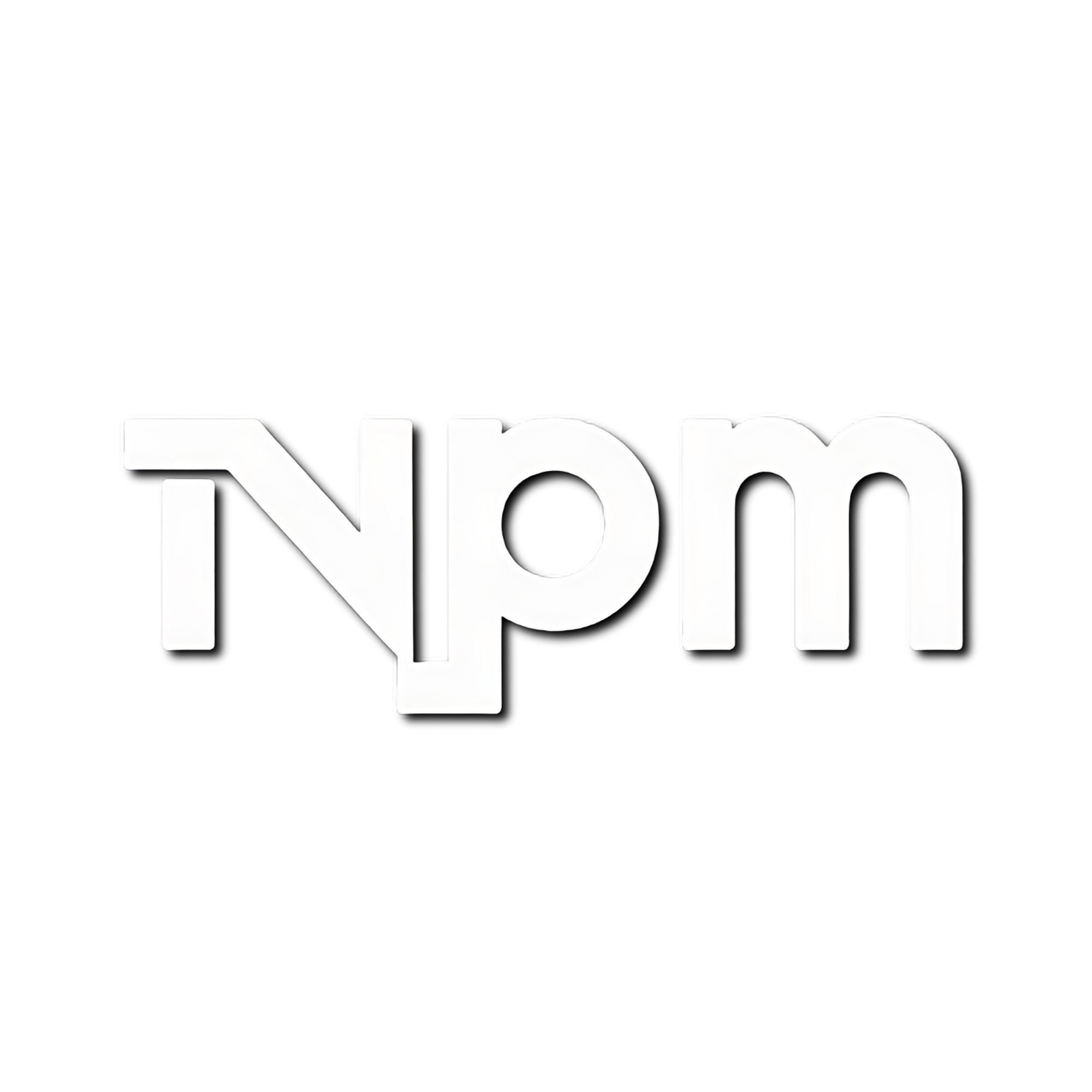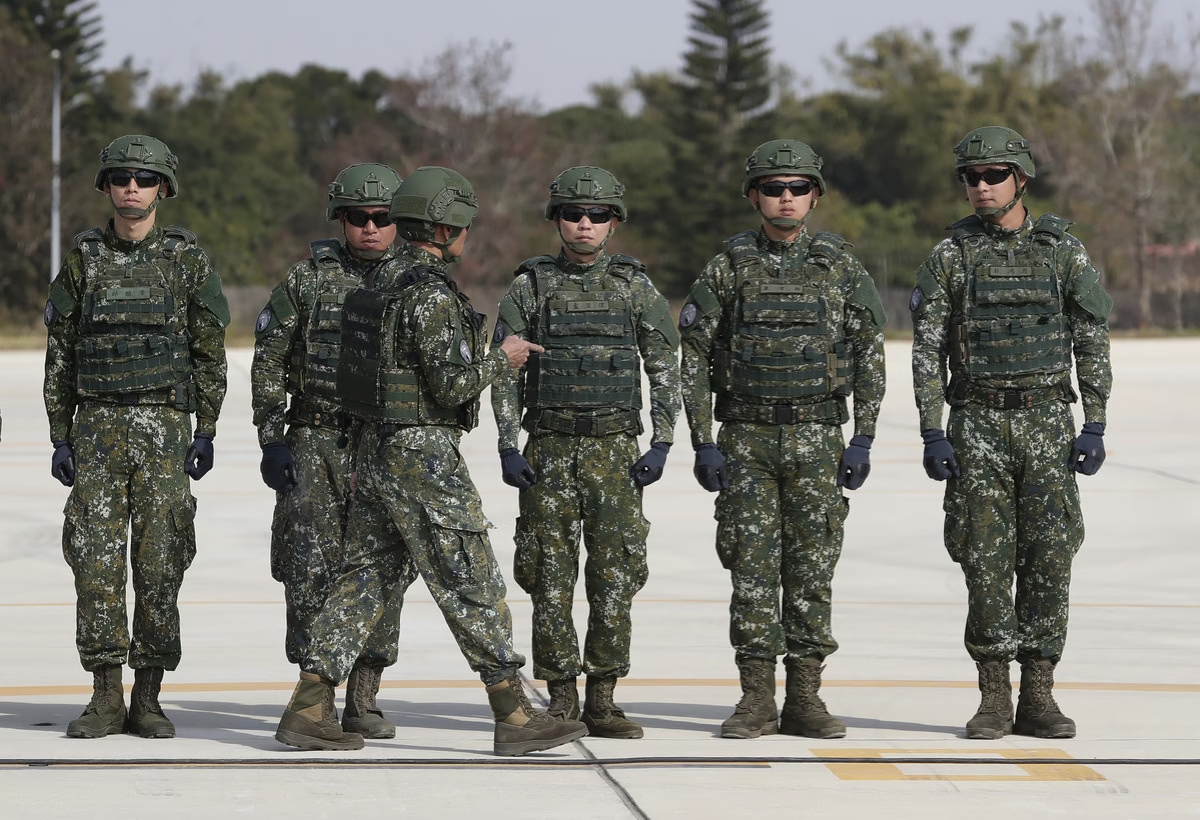If China invades Taiwan, Beijing will enlist Russia’s help to tie up NATO forces in Europe, the alliance’s top official has said.
Why It Matters
China and Russia signed a “no limits partnership” just ahead of Russian tanks rolling into Ukraine in early 2022. Western officials say Chinese assistance is key to propping up Russia’s invasion of its neighbor, but Beijing has repeatedly said it is not a party to the conflict.
The war in Ukraine has brought international concerns over Beijing’s desire to bring Taiwan under its control into sharper focus, and China—a military powerhouse—has held large-scale drills around the island in recent years.
Beijing considers Taiwan a breakaway part of China, to be eventually united with it under central control, but Taipei, which has established a democratic government, has long asserted its independence and aligned itself with Western allies.
What To Know
There is an increasing realization that if China made a move against Taiwan, Chinese President Xi Jinping “would first make sure that he makes a call to his very junior partner in all of this,” NATO Secretary General Mark Rutte said, referring to Russian President Vladimir Putin. Rutte has previously branded Putin the Chinese president’s subordinate.

AP Photo/Chiang Ying-ying
Xi would tell the Kremlin leader that Russia needs to “keep them busy in Europe by attacking NATO territory,” Rutte told The New York Times.
“That is most likely the way this will progress.” he added.
Newsweek has reached out to the Russian Defense Ministry for comment via email. When approached by Newsweek, China’s Washington embassy spokesperson, Liu Pengyu, said Taiwan was an “inalienable part of China,” echoing the language routinely used by the country’s foreign ministry.
Referencing Rutte’s comments, Liu said Beijing and Moscow had a relationship based on “long-term good-neighborliness, friendship, mutual benefit, cooperation and win-win results.”
“Developing sound China-Russia relations is not only in the fundamental interests of the two countries and their peoples, but also conducive to peace, stability and prosperity in the region and the world,” the spokesperson said.
NATO officials have increasingly sounded alarm bells over worries that Russia could attack alliance territory in Europe in the next few years. Rutte’s predecessor, Jens Stoltenberg, said in 2023 China was “learning from Moscow’s military failures” in Ukraine, as well as from how the international community reacted to Russia’s invasion.
European countries are embroiled in feverish efforts to spend more on defense as the U.S.—which has supported Europe with its military for decades—swivels toward the Indo-Pacific.
U.S. officials have said Xi wants China’s armed forces to be able to be ready to invade Taiwan by 2027, even if war plans are not put into motion around that date. China has poured resources into piecing together a large and sophisticated military, some parts of which are “quickly approaching U.S. standards” a senior U.S. defense official said in December.
Defense Secretary Pete Hegseth said in May that China’s military “harasses” Taiwan, adding: “These activities have been paired with China’s rapid military modernization and buildup—including huge investments in nuclear weapons, hypersonics, and amphibious assault capabilities.”
Hypersonic weapons are expensive and difficult-to-produce systems able to travel at Mach 5, upwards of five times the speed of sound.
“Some forces have ulterior motives and hyped up the ‘military threat’ from China and exaggerated the atmosphere of war in the Taiwan Strait, which is just an excuse to interfere in the Taiwan question,” Liu said on Monday.
“When and how to resolve the Taiwan question is purely China’s internal affair and no external interference is allowed,” the spokesperson said.
“China urges relevant individuals to take concrete actions to abide by the one-China principle and put their statement of not supporting ‘Taiwan independence’ into practice,” Liu added.
For more than four decades, the U.S. has followed a “One China” policy, acknowledging—but not endorsing—China’s claim over the island of 23 million and not expressing support for de jure Taiwan independence.
What People Are Saying
Retired Admiral John Aquilino, speaking ahead the end of his time as the head of the U.S.’ Indo-Pacific Command, told lawmakers in 2024 “all indications” point to Beijing being ready to invade Taiwan by 2027.
Retired General Charles Flynn, who previously served as the commander of U.S. Army Pacific, said in May “the threat of a Chinese invasion of Taiwan is no longer distant or theoretical.”
Update 7/8/2025 at 8:30 a.m. ET: This article was updated with a response from the Chinese embassy in Washington and more information.


Leave a Reply